6 start with N start with N

After World War II, the United States and Canada, two countries that were very similar in many ways, struck out on radically divergent paths to public health insurance. Canada developed a universal single-payer system of national health care, while the United States opted for a dual system that combines public health insurance for low-income and senior residents with private, primarily employer-provided health insurance—or no insurance—for everyone else. In National Health Insurance in the United States and Canada, Gerard W. Boychuk probes the historical development of health care in each country, honing in on the most distinctive social and political aspects of each country—the politics of race in the U.S. and territorial politics in Canada, especially the tensions between the national government and the province of Quebec.
In addition to the politics of race and territory, Boychuk sifts through the numerous factors shaping health policy, including national values, political culture and institutions, the power of special interests, and the impact of strategic choices made at critical junctures. Drawing on historical archives, oral histories, and public opinion data, he presents a nuanced and thoughtful analysis of the evolution of the two systems, compares them as they exist today, and reflects on how each is poised to meet the challenges of the future.
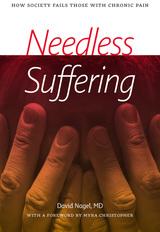
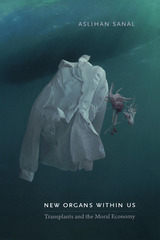
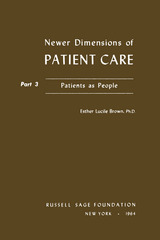
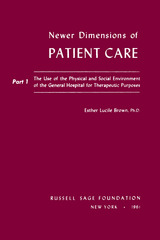
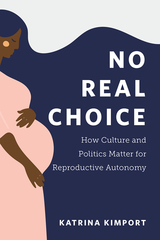
Based on candid, in-depth interviews with women who considered but did not obtain an abortion, No Real Choice punctures the myth that American women have full autonomy over their reproductive choices. Focusing on the experiences of a predominantly Black and low-income group of women, sociologist Katrina Kimport finds that structural, cultural, and experiential factors can make choosing abortion impossible–especially for those who experience racism and class discrimination. From these conversations, we see the obstacles to “choice” these women face, such as bans on public insurance coverage of abortion and rampant antiabortion claims that abortion is harmful. Kimport's interviews reveal that even as activists fight to preserve Roe v. Wade, class and racial disparities have already curtailed many women’s freedom of choice.
No Real Choice analyzes both the structural obstacles to abortion and the cultural ideologies that try to persuade women not to choose abortion. Told with care and sensitivity, No Real Choice gives voice to women whose experiences are often overlooked in debates on abortion, illustrating how real reproductive choice is denied, for whom, and at what cost.
READERS
Browse our collection.
PUBLISHERS
See BiblioVault's publisher services.
STUDENT SERVICES
Files for college accessibility offices.
UChicago Accessibility Resources
home | accessibility | search | about | contact us
BiblioVault ® 2001 - 2024
The University of Chicago Press









